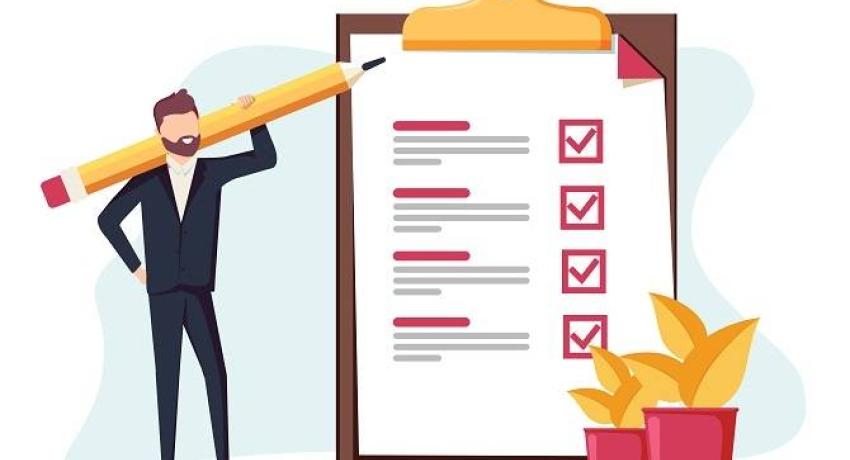How to prepare for your first meeting with an advisor
You’ve taken the first step and booked an appointment with an advisor. Nice! But, now what?
Here’s a rundown of how you can prepare – and what you can expect from your first meeting with your advisor.
What should you bring to your first meeting?
- Your goals.
Before you meet with an advisor, it’s a good idea to have your goals sorted out.
To understand what your goals are, think about things like this:
- What do you want in the short-, medium- and long-term? (i.e. a large purchase, retirement, giving to charities, etc.)
- Would you like to have children (if you don’t already)?
- Are you thinking about changing careers?
- Do you want to buy a house?
- Do you need an emergency fund?
- Do you want to go back to school?
- Do you have anyone who depends on you financially?
- What’s important to you?
- Your financial documents.
The next things to prepare are your financial documents. The more information you can bring to a meeting, the better.
Start by gathering up these documents, or noting the amounts:
- employee benefits information,
- mutual fund statements,
- TFSA or RRSP statements,
- insurance policies,
- mortgage payments, and
- any other financial assets.
You should also be prepared to share:
- how much debt you have, and
- what your monthly payments are (i.e. bills, rent, car payments).
It may feel uncomfortable to share personal information with someone new. But rest assured that your information is kept confidential. The more information you provide, the better analysis and recommendations an advisor will be able to give you.
What can you expect from your first meeting with an advisor?
Your first meeting is a discovery session. This is a chance for you to share your goals and why you’re seeking advice. It’s also a good way to:
- ask questions,
- get to know the advisor,
- find out how they work, and
- hear what they can offer you.
This meeting takes about an hour. After that, your advisor may ask you to find any additional financial documents for your follow-up meeting. The second meeting will usually be about a month out. This will help your advisor make the best, customized suggestions for you.
What can you expect after your first meeting?
After your first meeting, your advisor may share recommendations. * At that point, you may be ready to start choosing products – like investments and insurance. Or, you may need more time to think. Your advisor can walk you through what to expect for the application and buying process.
*(This depends on the complexity of your needs, and if you provide documentation at your first meeting).
What can you do to take control of your finances?
The best place to start is with a plan. Your advisor can help. You don’t need to have money to start this plan. You need a plan even when:
- your income is low, or
- you think you can’t take action.
Where you start depends on what your financial goals are. This is unique to everyone.
How do advisors get paid?
Your initial meetings with an advisor are free. But of course, advisors get paid once you become a client and purchase solutions with them that support your needs. They may get a:
- commission,
- fee for sales and continuing services, or
- combination of both.
Some investments, like mutual funds, include management fees. The advisor selling the investment receives a portion of these fees. If you're looking at insurance, advisors typically receive commission for those products. Ask your advisor to explain how they’re paid.
